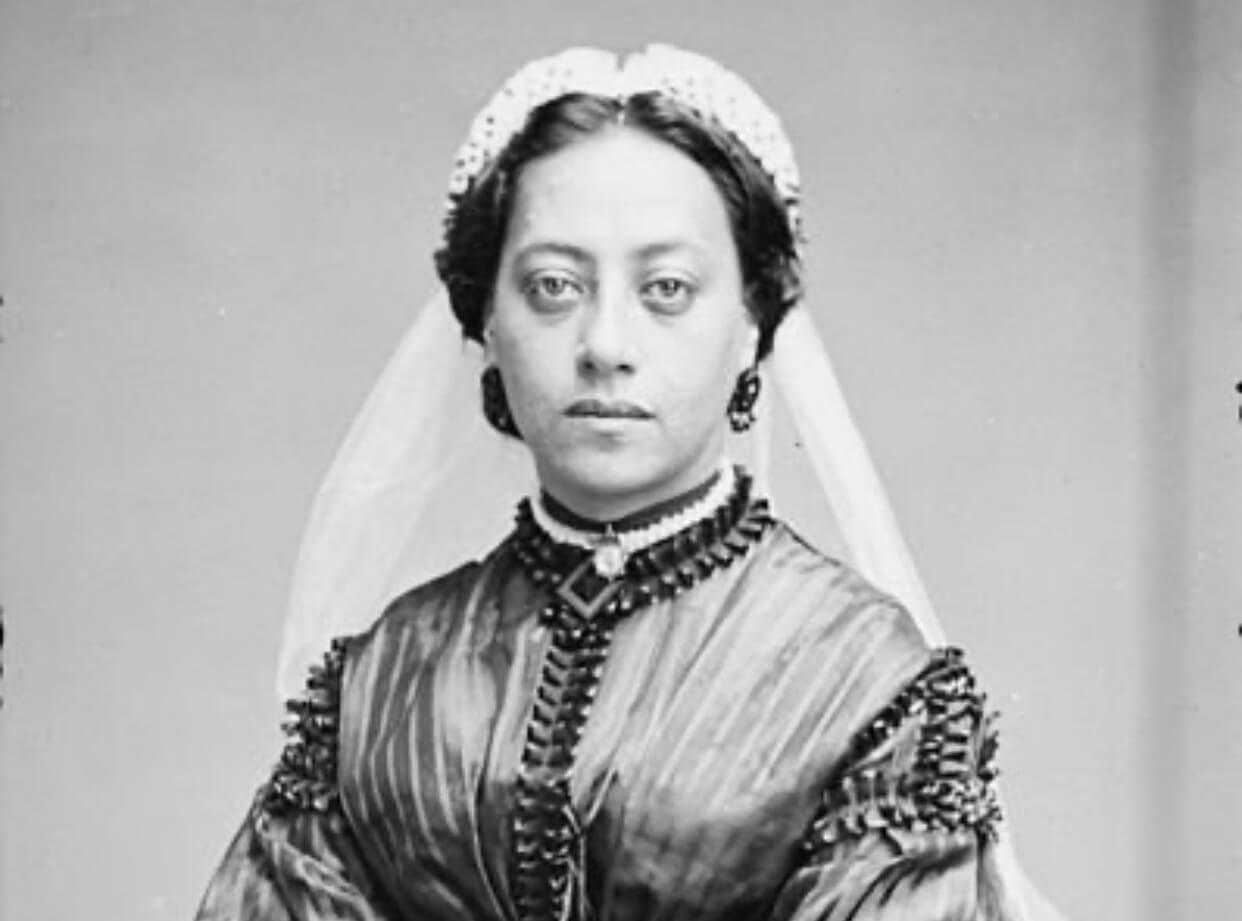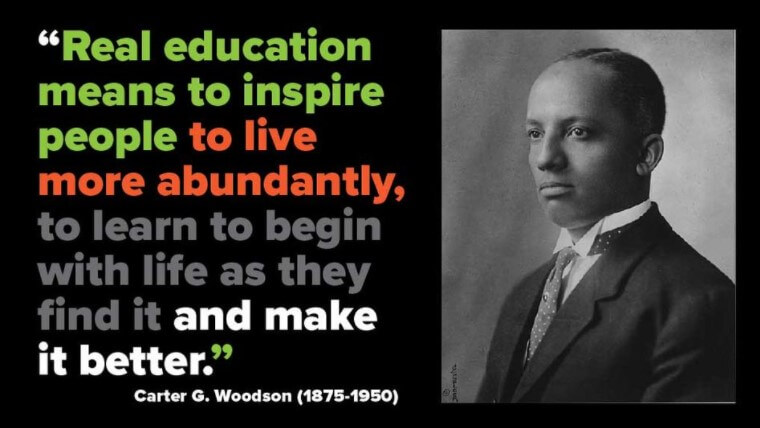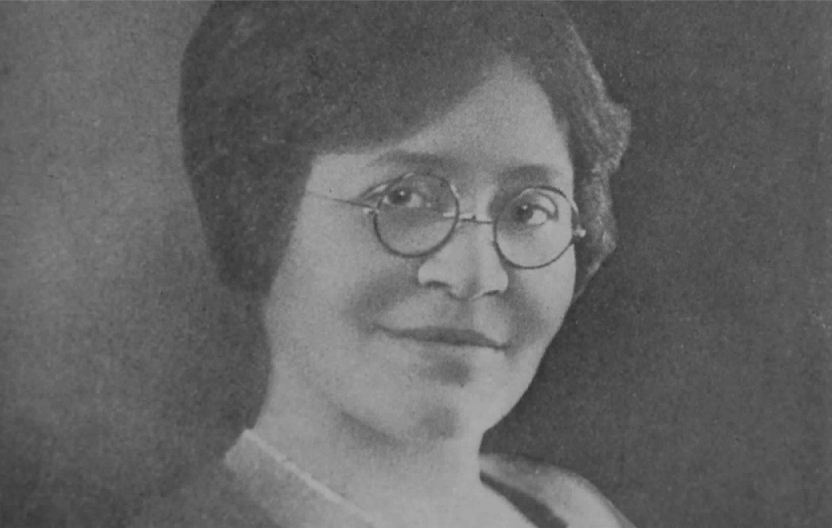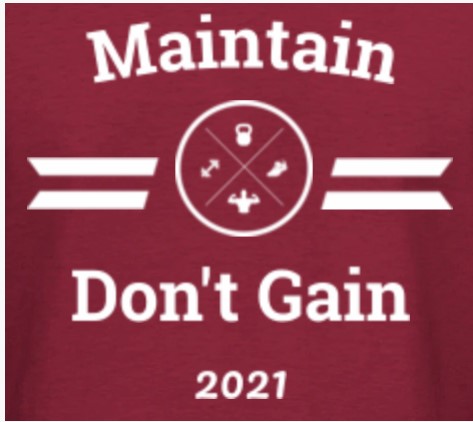By Weldon Tisdale, Trinity Woods Chaplain
Faith is taking the first step even when you don’t see the whole staircase.
~ Martin Luther King, Jr.
February marks Black History Month, a tribute to African American men and women who have made significant contributions to America and the rest of the world in the fields of science, politics, law, sports, the arts, entertainment, and many other fields.
No one has played a greater role in helping all Americans know the Black past than Carter G. Woodson, the individual who created Negro History Week in Washington, D.C., in February 1926. Woodson was the second Black American to receive a PhD from Harvard—following W.E.B. DuBois by a few years.
To Woodson, the Black experience was too important simply to be left to a small group of academics. Woodson believed that his role was to use Black history and culture as a weapon in the struggle for racial uplift. By 1916, Woodson had moved to DC and established the “Association for the Study of Negro Life and Culture,” an organization whose goal was to make Black history accessible to a wider audience.
Woodson was a driven man whose only passion was history, and he expected everyone to share his passion. This passion led Woodson to create Negro History Week in 1926, to ensure that school children be exposed to Black history. Woodson chose the second week of February in order to celebrate the birthday of Abraham Lincoln and Frederick Douglass.
Woodson had two goals: One was to use history to prove to white America that Blacks had played important roles in the creation of America and thereby deserve to be treated equally as citizens. In
essence, Woodson—by celebrating heroic Black figures—be they inventors, entertainers, or soldiers—”hoped to prove our worth, and by proving our worth”—he believed that equality would soon
follow. Ultimately Woodson believed Negro History Week—which became Black History Month in 1976—would be a vehicle for racial transformation forever which was his second goal.
Black history is American history.








